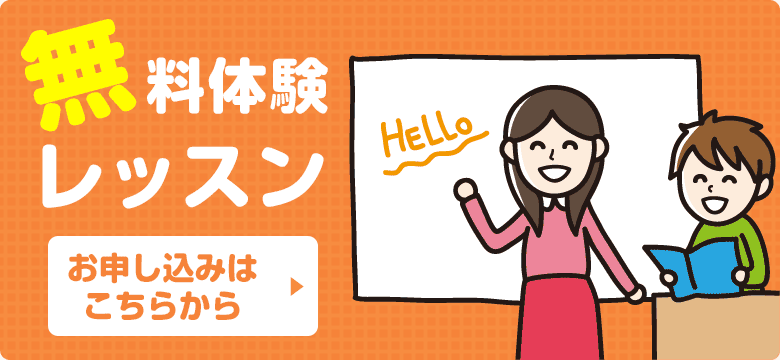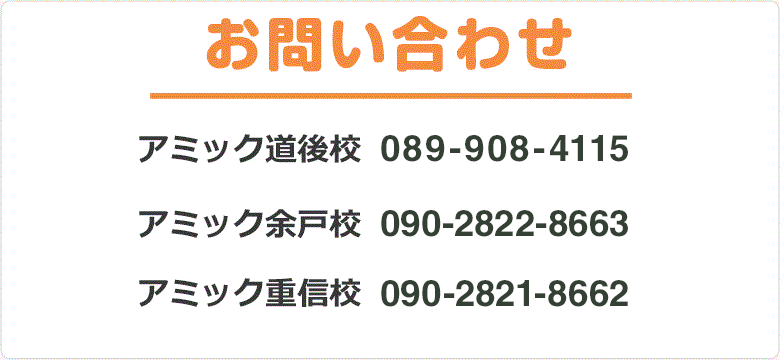月別アーカイブ:2018年9月
“Noid” by Yves Tumor「英会話・英語 アミック」
I just bought the new album “Safe in the Hands of Love” by Yves Tumor yesterday, and already it’s a masterpiece in my mind. He’s known for ambience, dissonance and unease, but here he unveils unprecedented energy via warped, up-beat pop tunes. This track “Noid” actually gives me goosebumps (or chills?) once the peppy strings and bass line transition into something more ominous and unsettling that better match the lyrical content: “I’m scared for my life/ They don’t trust us/ I’m not part of the killing spree/ A symptom, born loser, statistic”. The ambience, dissonance and unease never left after all. They’re just masked as more accessible.
Joe
英会話・英語 アミック 運動会
Amicブログをご覧いただきありがとうございます♪
さて、9月に入って小中学生の生徒さんから「来週運動会!楽しみ☆」「組体操がうまくできた!」「練習が大変~💦」という声をよく聞くようになりました。
運動会、日本の学校の恒例行事ですよね。
ですが、この運動会、日本独特のものってご存知でしたか?
アメリカの運動会は日本のものとは全く違い、『Field day』と呼ばれるイベントがあるそうです。このField dayは皆で練習を必要とする競技は無く、自由参加OKで、平日開催は当たり前で保護者が見に来ることもありません。
日本では運動会は家族総出のイベントですが、アメリカでは体を動かすことを楽しむだけのイベントなのですね。
なぜこんなに違いがあるのでしょうか??
それは歴史や文化の違いと大きく関係しています!
日本の学校の行事として運動会が開催され始めたのは、明治時代からです。
初代文部大臣が、体育へのモチベーションアップと集団訓練を行う目的で運動会を行うように働きかけたのがきっかけだそうです。
明治時代といえば「富国強兵」のスローガン。
運動会は子どもたちの発育を促す目的と、クラスで団結、つまり統率力のある軍隊を作る目的があり、今の運動会には当時の名残が多くあるということなのですね。
言語を学ぶことは、文化を学ぶことにつながります。
みなさんも外国人の先生やお友達と、文化の違いについて話してみると盛り上がること間違いなしですよ♪
英会話・英語 アミック 英語のことわざ
こんにちは、アミック石井校の辰馬です。
石井校で水曜日に働いているアンドリュー先生が、授業で使う教材を印刷しようとしていたときのこと。設定がうまくいかなかったのか、1回目、2回目と思った通りにできず、いよいよ3回目というときになって、”Third time’s a charm.”と呟きました。これ、実は「3度目の正直」ということわざの表現なんです。日本語のものと少し違いますね。反対に、「2度あることは3度ある」は”Things come in threes.”と言ったりします。
日本語と英語のことわざには、ほとんど同じ意味のものもあれば、全く違う表現を使うものもあります。いくつか例を挙げてみるので、日本語だとどんなことわざになるのか、考えてみてくださいね!
① Where there’s smoke, there’s fire.
② Time flies like an arrow.
③ Don’t count your chickens before they’re hatched.
(答え:①火のないところに煙は立たず ②光陰矢のごとし ③取らぬ狸の皮算用)
英会話・英語 アミック – Three ways to use ‘pick up’
Three ways to use ‘pick up’
‘Pick up’ is a phrasal verb. This means it is a verb (pick) followed by a particle (up). Phrasal verbs are tricky because they can have many different meanings depending on the context.
Learning something
We can use pick up to describe learning something
- Children pick up languages very quickly.
- I picked up the guitar from spending time with musicians.
Buying something
We can use pick up informally to describe buying something.
- I often pick up some milk on my way home.
- She picks up lots of items in the Christmas sales.
Getting an illness
We can use pick up to describe getting an illness.
- I think I picked up a cold.
- He picked up the flu from his classmates.
6 More Words My Kindle Has Taught Me – 英会話・英語 アミック
Back in July, I praised my Kindle for all the new words it teaches me thanks to its convenient dictionary feature. Although I usually forget the meanings shortly after looking them up, here are six more words I’ve highlighted and ‘learned’ through reading over the past few months:
- Akimbo: standing with your hand on your hip and elbow bent outward.
- Cogent/Cogency: being appealing to reason or the mind.
- Flotsam: the part of a ship’s wreckage and cargo found floating on the water.
- Patina: a green film or crust that appears on the surface of old bronze or copper.
- Regolith: the layer of loose dust, dirt, soil, etc. covering a planet.
- Welkin: the heavens or upper atmosphere.












